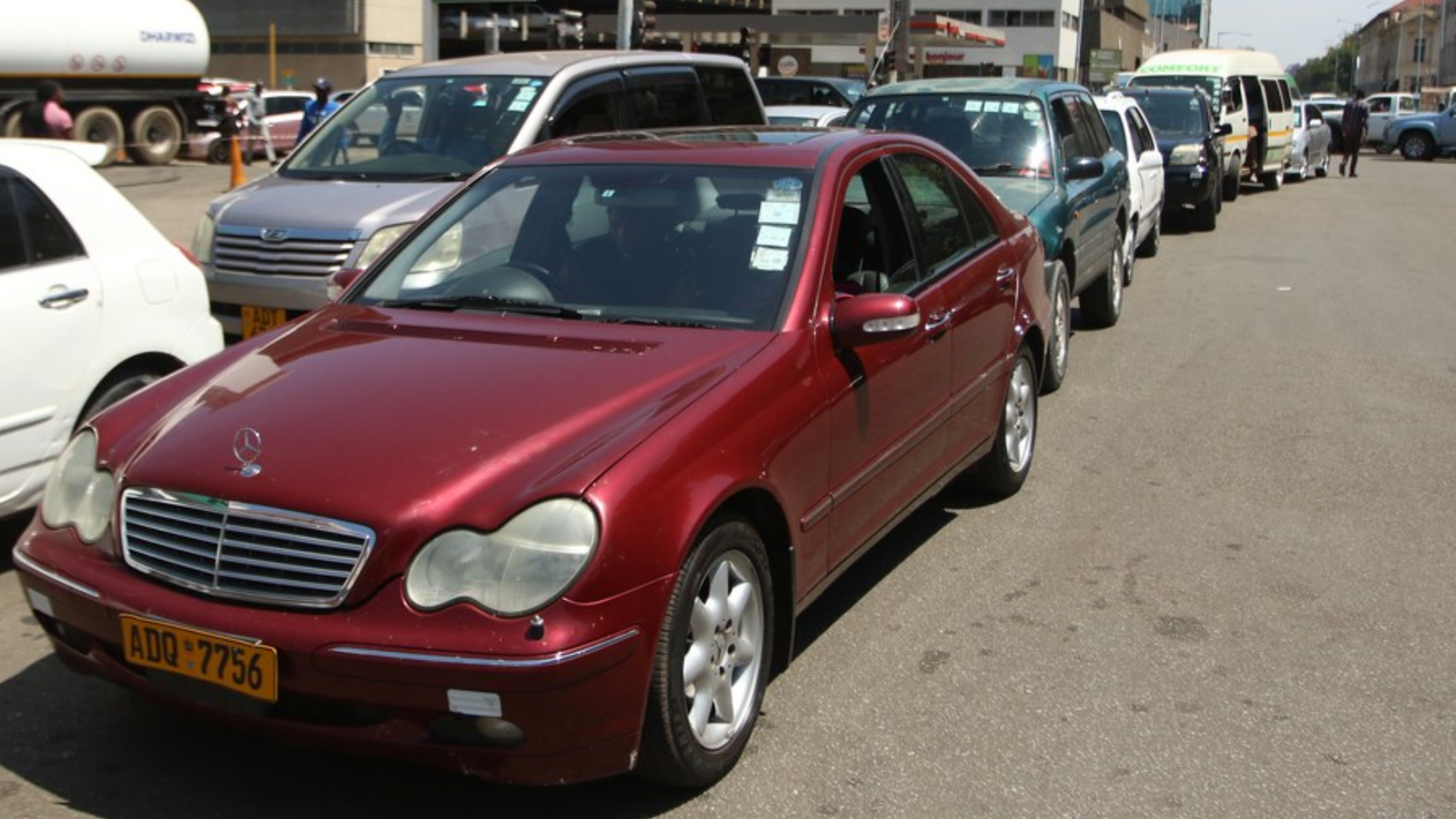Harare, Zimbabwe – Zimbabwe’s government has reinstated a controversial ban on the importation of vehicles older than 10 years, impacting both the availability and affordability of cars for its citizens. The decree, encapsulated in Statutory Instrument (SI) 54 of 2024, dubbed the Control of Goods (Import and Export) (Commerce) (Amendment) Regulations, 2024 (No 10), mandates that anyone importing a second-hand vehicle aged 10 years and above will be responsible for the costs associated with its re-exportation.
This legislative action marks a significant pivot from the government’s previous stance, where such imports required an import license from the Ministry of Industry and Commerce. The adjustment is a return to the stricter measures initially proposed by Finance and Economic Development Minister Mthuli Ncube in 2020, during his 2021 budget announcement, aimed at curtailing the influx of older vehicles.
However, the decision has sparked criticism among observers who argue that it unfairly targets the general populace, many of whom rely on affordable, imported second-hand vehicles from Japan due to the prohibitive cost of locally assembled cars. Critics accuse government officials of ensuring they remain among the few in the country who can afford new or relatively new vehicles, as the ban ostensibly pushes the majority towards more expensive options or forces them out of the market entirely.
Despite these measures, the Zimbabwe Revenue Authority (Zimra) reported significant revenue from vehicle imports in 2022, with collections exceeding US$2 billion and ZWL$29 billion. This underscores the strong demand for imported vehicles among Zimbabweans across the economic spectrum, from the rich to the poor. In a move that seemed to compound the issue, last year saw an increase in the import duty for luxury vehicles, which, while aimed at curbing excessive spending on high-end imports, also reflects the government’s broader strategy to manage the national vehicle fleet.
The policy has led to a substantial annual expenditure of US$500 million on importing second-hand vehicles, primarily from Japan. In contrast, a select group of wealthy individuals and state officials continue to procure top-of-the-range vehicles, including brands like Range Rovers, Mercedes-Benzes, and Toyota Land Cruisers, for official use, spending millions in the process.
This regulatory change in Zimbabwe’s vehicle import policy is expected to have wide-reaching effects on the automotive market, consumer behavior, and the broader economy, highlighting the ongoing challenges in balancing fiscal policy, market needs, and social equity in the nation’s pursuit of economic stability and growth.








